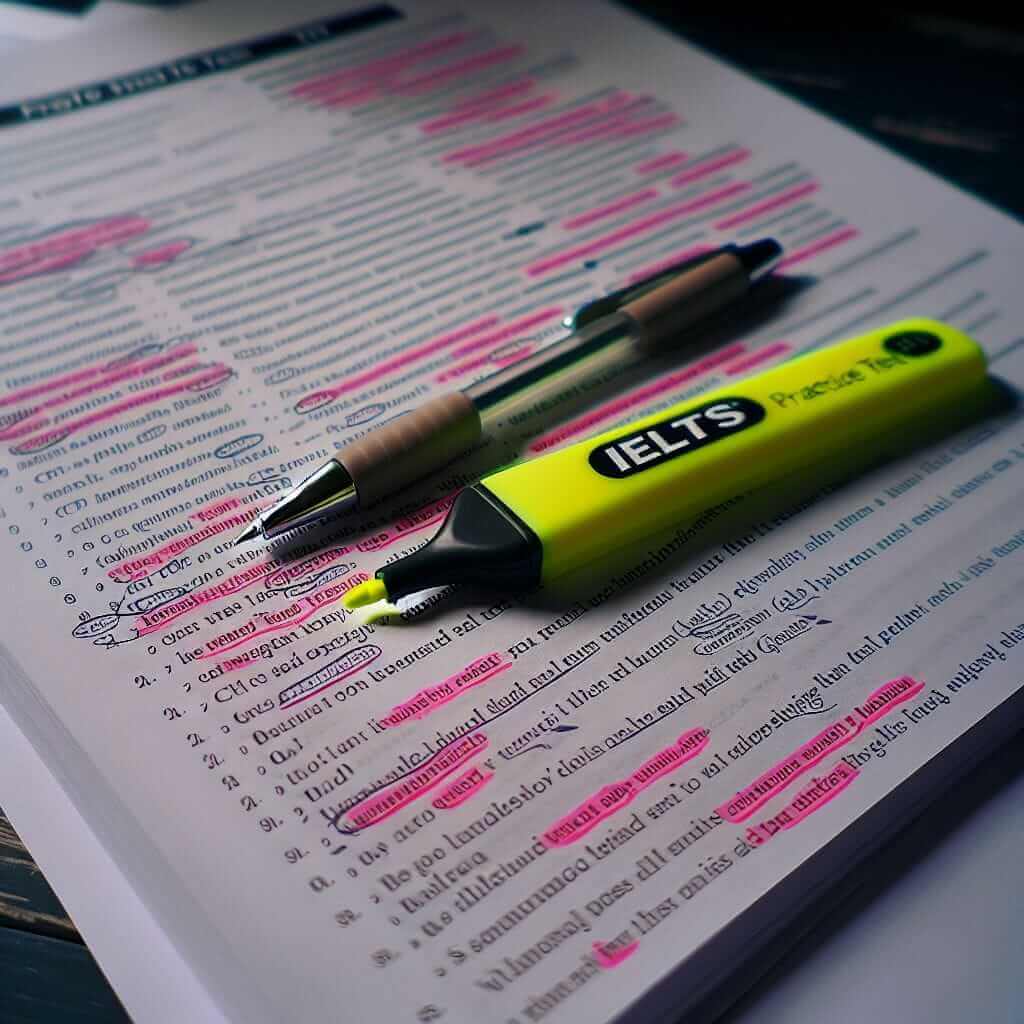As an IELTS instructor with over two decades of experience, I’ve witnessed countless students grapple with the IELTS Reading section. It’s a challenging component that tests your ability to understand complex texts quickly and accurately. But fear not! With a strategic approach and consistent practice, you can boost your reading comprehension skills and achieve your desired IELTS score.
Understanding IELTS Reading
The IELTS Reading test evaluates your ability to understand information presented in academic texts. You’ll be presented with three long passages, each with 13-14 questions, covering topics from science and technology to history and culture. The texts are often complex, demanding a strong vocabulary and the ability to decipher the writer’s purpose, arguments, and overall meaning.
Mastering IELTS Reading: A Step-by-Step Guide
Here’s a breakdown of proven strategies to help you excel:
1. Enhance Your Reading Speed
Skimming and Scanning:
- Skimming involves quickly glancing through the text to grasp the main idea and overall structure. Focus on the introductory and concluding paragraphs, topic sentences, and any headings or subheadings.
- Scanning is used to locate specific information like names, dates, or keywords. Train your eyes to quickly scan for these details without reading every word.
Practice Techniques:
- Time yourself while reading articles or passages.
- Challenge yourself to identify the main idea and supporting details within a specific time frame.
2. Expand Your Vocabulary
A strong vocabulary is crucial for understanding complex texts.
- Read Widely: Explore a variety of English texts like newspapers, magazines, academic journals, and fiction.
- Keep a Vocabulary Notebook: Jot down unfamiliar words and their definitions. Review these words regularly.
- Learn Word Roots, Prefixes, and Suffixes: This will help you decipher the meaning of unfamiliar words.
3. Master Question Types
Familiarize yourself with the different question types you’ll encounter in the IELTS Reading test, such as:
- Multiple Choice
- True/False/Not Given
- Matching Headings
- Sentence Completion
- Summary Completion
- Short Answer Questions
Each question type requires a specific approach. Analyze past papers to understand how questions are structured and what information is required in the answers.
4. Practice Active Reading
Don’t just passively read the text. Engage with it actively by:
- Highlighting Key Information: Use different colored highlighters for main ideas, supporting details, examples, and definitions.
- Taking Notes: Summarize paragraphs in your own words to ensure comprehension.
- Asking Questions: Question the author’s purpose, arguments, and conclusions.
5. Utilize Practice Tests Effectively
- Simulate Exam Conditions: Practice under timed conditions to improve your speed and focus.
- Analyze Your Mistakes: Identify your weaknesses and areas where you lose marks. Focus on improving those areas.
- Seek Feedback: Ask your tutor or teacher to review your practice tests and provide constructive criticism.

Example from an IELTS Reading Passage:
Passage Excerpt:
“The Industrial Revolution marked a period of unprecedented technological advancement, particularly in Great Britain during the late 18th and early 19th centuries. It was characterized by the transition from hand production methods to machines, new chemical manufacturing processes, iron production processes, and the increasing use of steam power.”
Question:
What was the main characteristic of the Industrial Revolution?
Answer:
The transition from hand production methods to machines.
Essential Tips for IELTS Reading Success
- Manage Your Time Wisely: Allocate time for each passage effectively.
- Don’t Panic: If you find a passage challenging, move on and return to it later if time permits.
- Read Instructions Carefully: Understand what each question requires before attempting to answer.
- Pay Attention to Grammar: Ensure your answers are grammatically correct.
- Don’t Leave Answers Blank: Make educated guesses if you are unsure of an answer.
Conclusion
Acing the IELTS Reading section requires consistent effort, strategic practice, and a deep understanding of the test format. By following the steps outlined above and dedicating sufficient time to practice, you can significantly enhance your reading comprehension skills and confidently approach your IELTS exam. Remember, consistent effort is key to unlocking your full potential. Good luck!